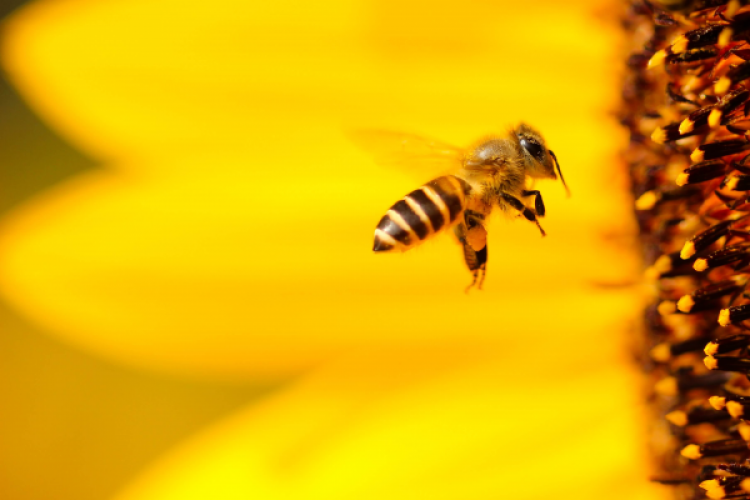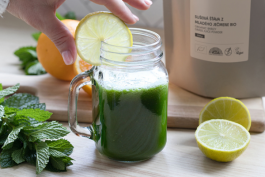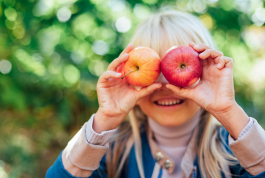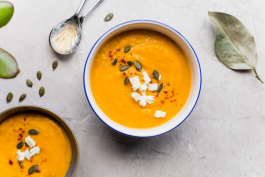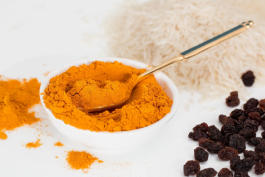Choosing to eat fruit and vegetables as nature intended is not an easy task. The majority of produce available in supermarkets, unless specifically marked, are grown in a conventional fashion which in our modern times means using some form of pesticides and artificial fertilisers. Although most industrial farm owners feel that they have no choice in order to meet the demand, research now shows that the use of such substances does have an impact on people’s health. Understanding how this may affect our body can help everyone decide which products to purchase.
Why do we find chemicals in our food?
European Regulations define pesticides as a substance which is used to either “protect plants against harmful organisms - by killing or in other ways preventing the organism from performing harm, that they enhance the natural ability of plants to defend themselves against these harmful organisms - or that they kill off competing plants such as weeds.”
The use of pesticides dates from way back. In fact, the first recorded use of insecticides is about 4500 years ago by Sumerians who used sulphur compounds to control insects and mites, whilst about 3200 years ago the Chinese were using mercury and arsenical compounds for controlling body lice (1)
The agriculture and food industries use pesticides to help protect their crops from pests, such as insects, weeds, fungi and other pests and from diseases. When pesticides are applied to crops, residues remain on the fruit and vegetables. Some pesticides are even designed to go through the skin in order to protect the flesh of the fruit or vegetables.
These products are also used for other purposes, such as public urban green areas like parks, lawns, gardens and sport fields.
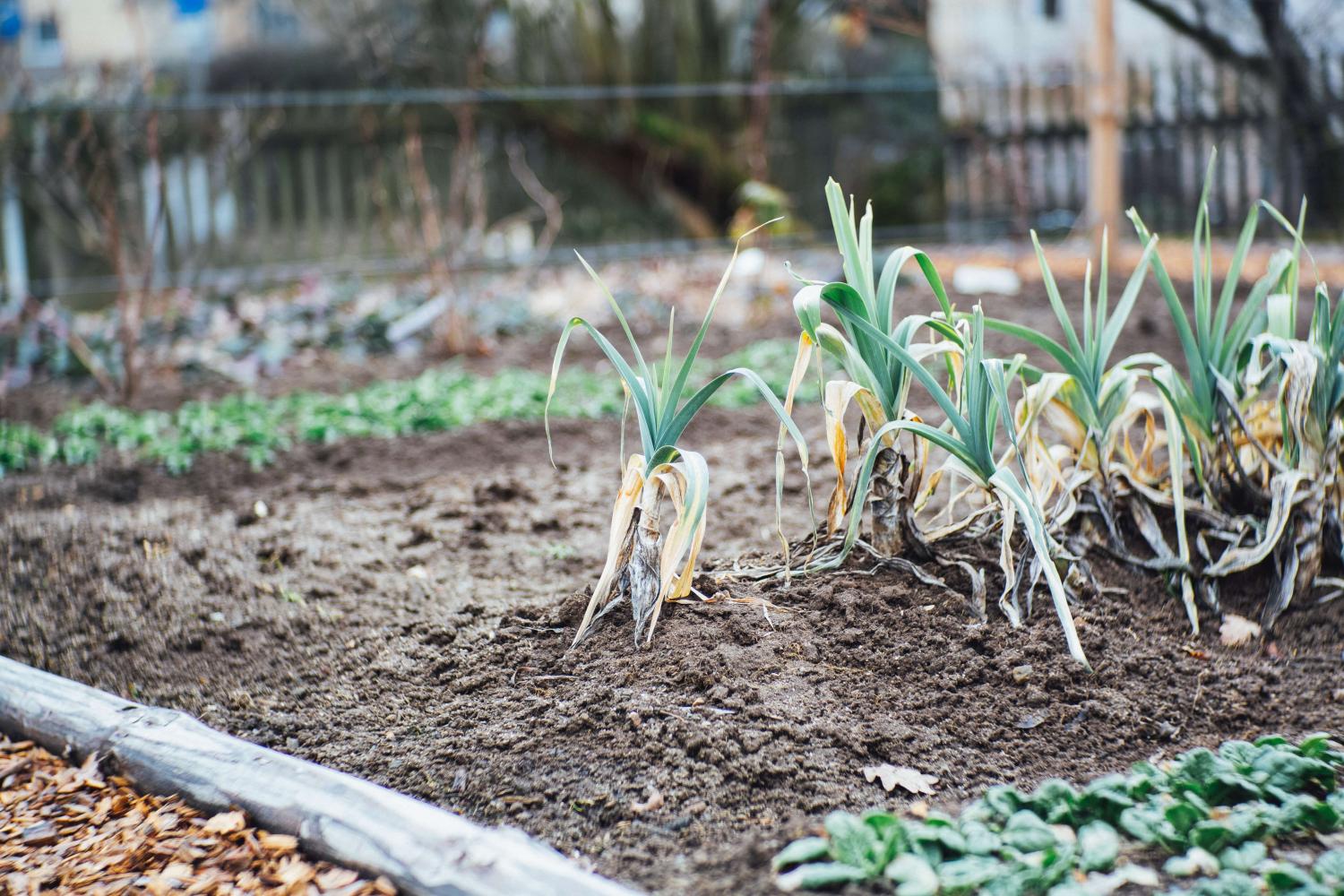
Pesticides - Their impact on the body
Pesticides used by farmers and those found for our home and gardens are harmful substances and, unfortunately, they can harm more than just the “pests” at which they are aimed at. They are potentially toxic, and exposure to pesticides is linked to a range of serious illnesses and diseases in humans, from respiratory problems such as asthma, neurodegenerative illnesses like Parkinson’s disease, decreased fertility to cancer (2). Research shows a risk of cancer development in children when the parents are exposed to pesticides (3). Finally it is now well researched that some pesticides act as endocrine disruptors which may affect our hormonal balance (4). These disruptions can cause cancerous tumours, birth defects, and other developmental disorders.
Pesticides can enter our body through our mouth, our lungs and our skin. A pregnant woman can also expose her unborn baby via the placenta and her breastmilk may be contaminated (5). Depending on the severity of the exposure, we can experience skin irritation, difficult breathing, digestive issues, mental confusion, muscle aches and more… This happens when the dosage is fairly high and noticeable. However, the danger is still present with low dose exposure for long period of times. Health problems may develop very slowly and it may be difficult to identify the exact source.
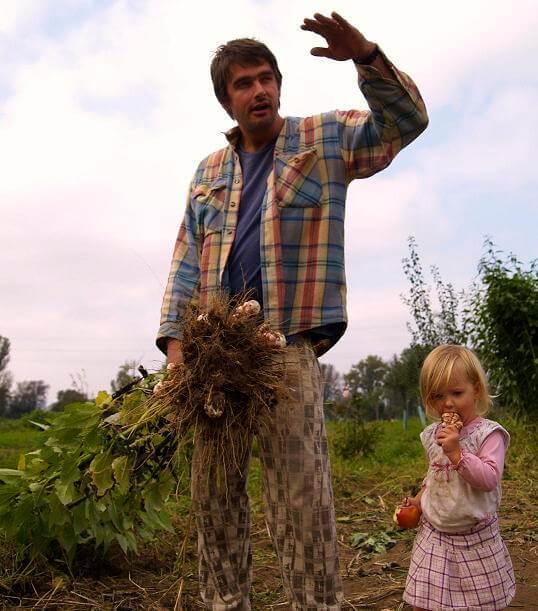
The danger in all this is also the cumulative effect of pesticides one person can be exposed to – also called “the cocktail effect”. Lots of studies are being carried out on one single component but there are very few about the effect of the combination of pesticides being used daily in our surroundings. Here is a study carried out in Sweden, where a family was tasked to eat only organic food for 2 weeks. Take a look at the results here. It is so interesting!
Pesticides and Planet Earth
Pesticides applied to crops can end up in the soil, and contaminate our drinking water, plants and trees. They affect habitats and contribute to the loss of biodiversity, including large reductions of insect populations, fish and birds (6). This also includes bees which are essential to human life. According to the organisation Sustain, “Bees are the world's most important pollinator of food crops. It is estimated that one third of the food that we consume each day relies on pollination mainly by bees, but also by other insects, birds and bats”. Sadly, there is strong evidence demonstrating a link between the use of pesticide and the bee population decline (7).
According to the soil scientist Dr. Elaine Ingham, “overuse of chemical fertilizers and pesticides has effects on the soil organisms that are similar to human overuse of antibiotics. Indiscriminate use of chemicals might work for a few years, but after a while, there aren't enough beneficial soil organisms to hold onto the nutrients” (8).
An interesting point shared by the World Health Organisation is that, “some of the older, cheaper pesticides can remain for years in soil and water. These chemicals have been banned from agricultural use in developed countries, but they are still used in many developing countries.”
So when we look at the long term impact of pesticides, we are facing a very serious situation. One way to avoid exposure is by selecting organic food which have not been exposed to harmful pesticides.
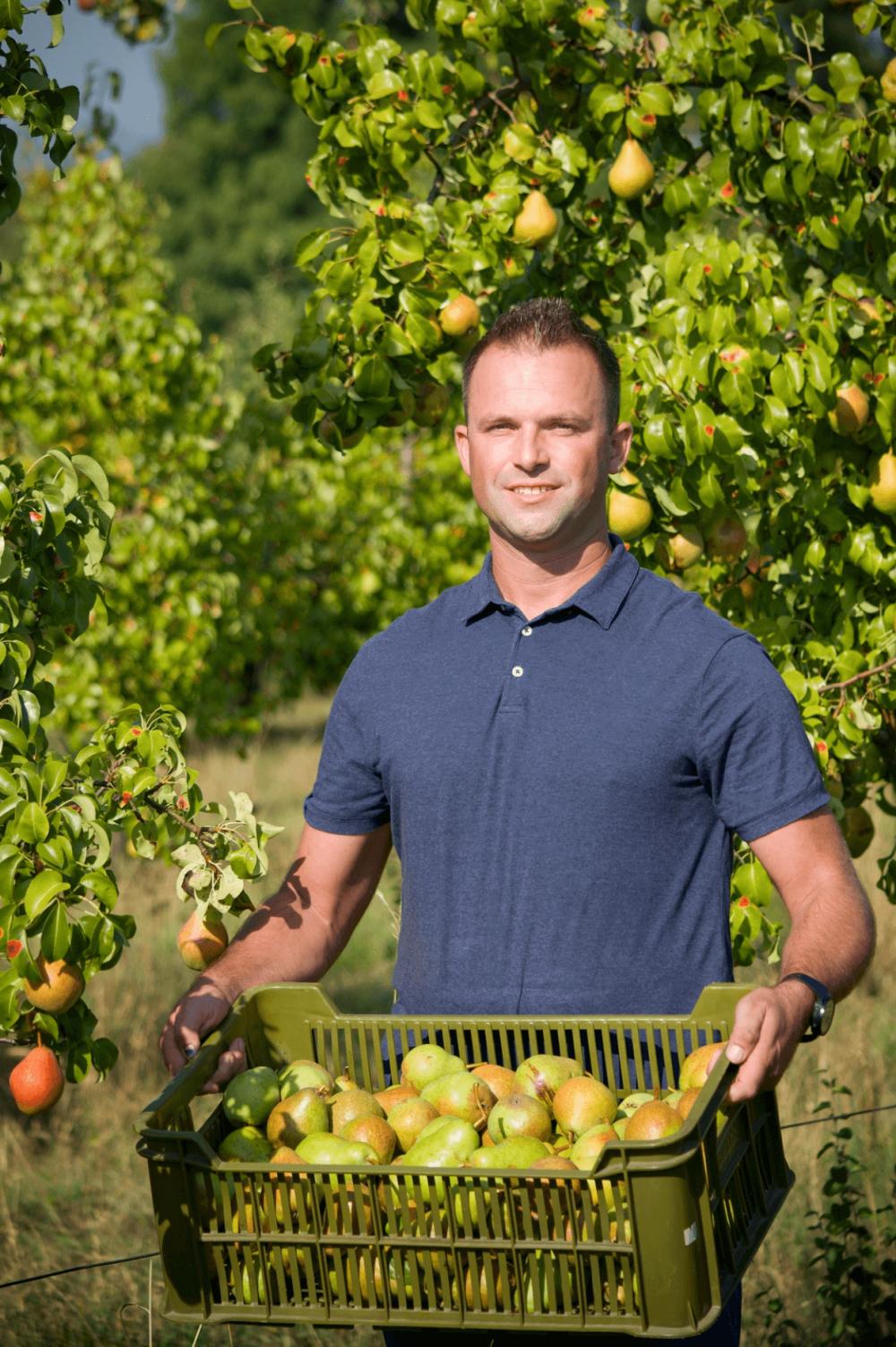
Steps to reduce your exposure
If you are concerned about the impact of pesticides on your family, here are a few steps to follow to reduce your exposure:
- Buy organic and locally produced fruit and vegetables.
- Wash all fruits and vegetables well before consuming them.
- Get to know which fruits and vegetables have higher levels of pesticide residues. A great website to look at is this. They produce a list of fruit and vegetables which have the most pesticides and a list of fruit and vegetables which have the least (Clean 15 and Dirty 12).
- If you have the space, you can grow your own fruit and vegetables. Tomatoes and strawberries grow well in pots on a balcony.
- Take your shoes off at the door as you can spread pesticides throughout your house or flat.
Organic – good for the body and for our environment
The food we put in our body should be as pure and unadulterated as possible. When we choose quality organic produce, we can truly enjoy the health properties of those ingredients and we also protect our planet for future generations. At Lifefood, we are dedicated to producing the best food products possible while respecting our environment. All our products are made with organic ingredients and our production methods are designed to protect all the nutrients so that you and your family can truly benefit.
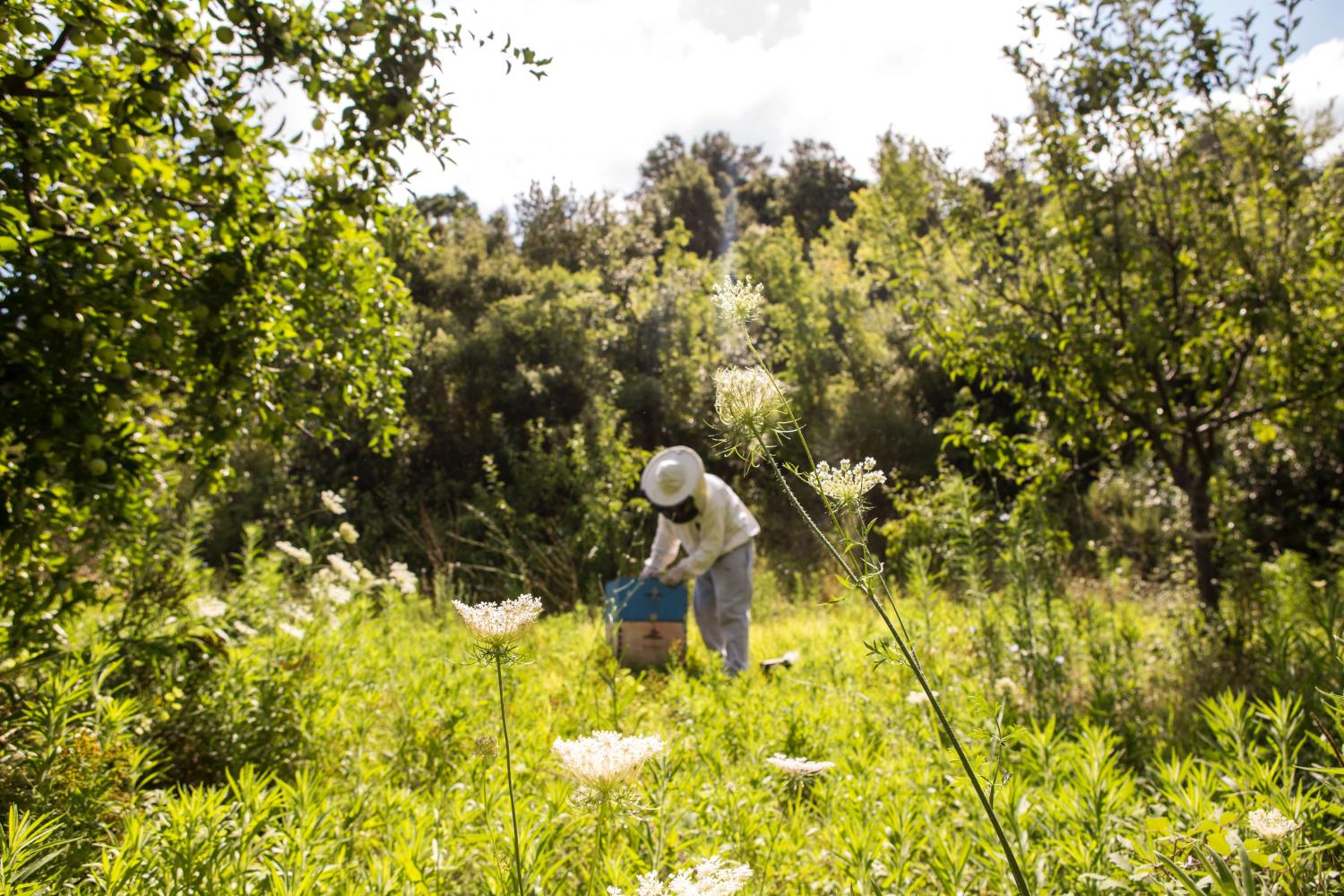
References
- The History of Pesticides, Organic Pesticides, September 19th 2008
- Sanborn, M. et al (2017). “Non-cancer health effects of pesticides: Systematic review and implications for family doctors.” Canadian Family Physician, Vol 53: 1712-1720.
- Vinson F et al (2011). Exposure to pesticides and risk of childhood cancer: a meta-analysis of recent epidemiological studies. Occup Environ Med; 68(9):694-702. doi: 10.1136/oemed-2011-100082.
- Mnif, W., et al. (2011). Effect of endocrine disruptor pesticides: a review. International journal of environmental research and public health, 8(6), 2265–2303. doi:10.3390/ijerph8062265
- Pronczuk J et al (2002). Global perspectives in breast milk contamination infectious and toxic hazards. Environ Health Perspect, 110:A349.
- Ewald J.A. et al., (2015), ‘Influences of extreme weather, climate and pesticide use on invertebrates in cereal fields over 42 years’, Global Change Biology 21(11):3931-3950
- Aizen, M. A., & Harder, L. D. (2009). The global stock of domesticated honey bees is growing slower than agricultural demand for pollination. Current Biology, 19, 915–918.
- Aktar, M. W., Sengupta, D., & Chowdhury, A. (2009). Impact of pesticides use in agriculture: their benefits and hazards. Interdisciplinary toxicology, 2(1), 1–12.

